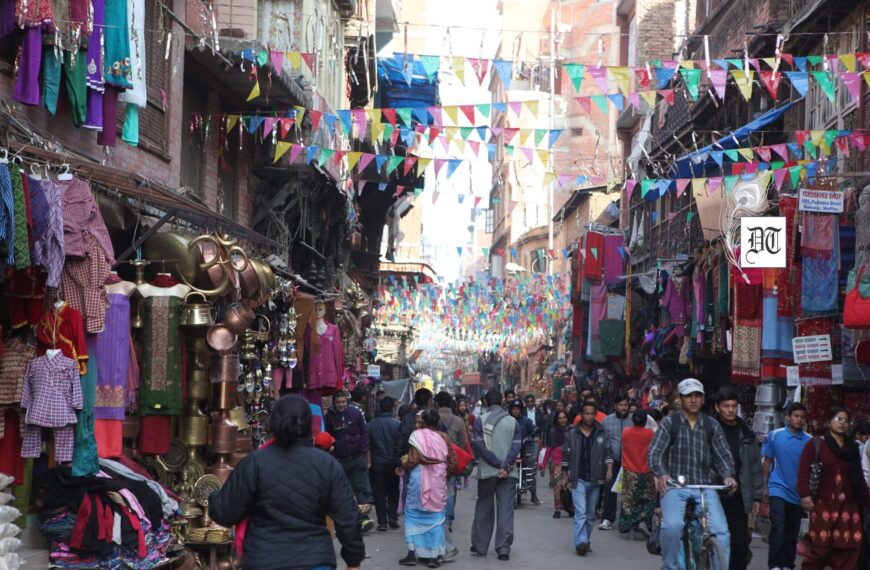The duel of the judges has set off a hate campaign against judge Favreto, who is accused by the right of pro-Lula partiality and connections with the Workers’ Party. However, the people who criticize Favreto are hardly impartial themselves and are clearly connected with the country’s right-wing political networks. A report, for Different Truths.
On Sunday July 8, there was brief elation on the Brazilian left as it appeared as if former President Luiz Inácio “Lula” da Silva, known to all as just “Lula,” would be released on a writ of habeas corpus from a prison in Curitiba where he has been serving a 12-year sentence on shaky charges of corruption and money laundering. However, with minutes to go until the ex-president’s release, another judge countermanded the order, leading to a bizarre war of dueling judges. As of press time, Lula remains in jail.
Lula was sentenced to 12 years and one month of imprisonment in a case involving a private “triplex” apartment in Guarujá, near the huge city of São Paulo in the south of the country. Prosecutors alleged that the former president was to receive the property as quid pro quo for contracts his government conceded to the OAS Company for work with the national oil company, Petrobras. Lula’s supporters contend that there is no evidence that Lula ever took possession of such a property. Also, Lula’s lawyers had asked that he be allowed to remain free while exhausting all appeals, but this was denied by the Supreme Court, in a six-to-five vote, at the beginning of April.
On Sunday, Judge Rogério Favreto of the Regional Federal Court of the Fourth Region issued the order for Lula’s immediate release, responding to a habeas corpus petition filed by three members of Lula’s Workers’ Party. While his supporters gathered outside the prison to greet the former president, another judge, Sergio Moro, who was on vacation and theoretically should not have been intervening in such a case, issued an order reversing Favreto’s decision. Moro’s order was then confirmed by the Supreme Court.
This duel of the judges has set off a hate campaign against judge Favreto, who is accused by the right of pro-Lula partiality and connections with the Workers’ Party. However, the people who criticize Favreto are hardly impartial themselves and are clearly connected with the country’s right-wing political networks.
Moro is well-known as the most aggressive prosecuting judge in the immense and long-running Operação Lava Jato (Operation Car Wash) corruption investigations. He has his own political links, though, to the right-wing Social Democratic Party of Brazil (PSDB), deadly enemies of Lula’s Workers’ Party.
On Tuesday, the country’s Attorney General Raquel Dodge asked the Supreme Court to open an investigation of Favreto. Dodge was appointed to the position a year ago by President Michel Temer, an extreme right winger considered an illegitimate president by many in Brazil, who himself is under multiple corruption investigations. Temer took power in what his many detractors call a constitutional coup against President Dilma Rousseff in August of 2016.
Temer’s current approval rating in the polls has reached an eye-popping low of five percent, which probably means he will not attempt to run for re-election this year. His government, meanwhile, has dedicated itself to rolling back the many social protections that were gained for workers, the poor, women, indigenous and Afro-Brazilian people, LGBTQ people, and others during Lula’s presidency.
The case is politically charged because Lula remains by far the most popular possible presidential candidate for the elections to be held on October 7 this year, with a runoff round scheduled for October 28 if necessary.
But Brazilian law forbids candidates from running for eight years if they have been convicted of crimes. If Lula can’t run, his Workers’ Party and its left and center allies will have to find another candidate, and none with Lula’s popularity are obvious at the moment.
Polls currently show that the second most popular of the large number of presidential candidates, and the most popular if Lula cannot run, is Jair Bolsonaro, candidate of the right-wing Social Liberal Party. He is widely regarded as a fascist, who sings the praises of the military dictatorship which ruled Brazil from 1964 to 1985. He has been quoted as saying that the mistake of that dictatorship was that it tortured people instead of simply killing them (“o erro da Ditadura foi torturer e não matar”).
But in fact, the dictatorship killed many people, and one of those it tortured is none other than Dilma Rousseff, who succeeded Lula as president. Such comments are characteristic of Bolsonaro, who is also known for his violently anti-woman and homophobic views. He has also called for the abolition of reserved lands for Brazil’s beleaguered indigenous population so that these lands can be exploited for their subsoil wealth. His comments on Afro-Brazilians have been blatantly racist, and his opposition to environmentalist measures and gun control are popular with wealthy agricultural interests, which are an important part of his support base.
On July 10, Supreme Court Presiding Judge Laurita Vaz denied no fewer than 143 third party habeas corpus petitions in support of Lula that had been submitted since Sunday. Explaining her move, Judge Vaz said, “The judicial power cannot be used as the basis for demands or demonstrations of a political or ideological-partisan nature.”
Members of Lula’s own Workers’ Party, of both of Brazil’s communist parties (Partido Comunista do Brasil and Partido Comunista Brasileiro), others on the left, and the labor movement see the continued jailing of Lula and the demonization of Judge Favreto as a fundamental threat to democracy in Brazil. In particular, Sergio Moro’s actions are singled out for sharpest criticism.
On the webpage of the CUT labor federation (Central Única dos Trabalhadores), the Brazilian Association of Jurists for Democracy (ABJD) denounced Moro’s intervention against the freeing of Lula as an abuse of power and a violation of judicial procedures. ABJD member Tania Oliveira added that Moro’s legal role in the Lula case ended at the point when he sentenced Lula, so he should not be jumping back into the case at this point.
Emile Schepers
©IPA Service
Photo from the Internet





 By
By

